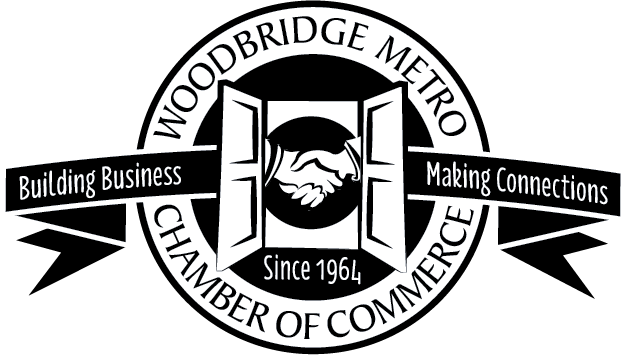How to Face the Financial Fog: Expense Management for the Numbers-Averse Business Owner
How to Face the Financial Fog: Expense Management for the Numbers-Averse Business Owner
Numbers have a way of making even the most confident business owners feel like they’re fumbling in the dark. There's no shame in it—plenty of creative minds and entrepreneurial spirits hit a wall the moment spreadsheets and receipts come into play. The truth is, financial management doesn’t have to be overwhelming or clinical, and it certainly shouldn’t steal joy from building something worthwhile. For those who find themselves shrinking away from balance sheets and budgeting apps, there’s a smarter, gentler path to financial clarity.
Get Clear on What You Fear
Avoidance often comes from not knowing what’s actually wrong. Many business owners dread finances not because they lack ability, but because they’ve never been shown how to interpret what they’re looking at. There’s no point in pretending that everyone took accounting in school or loves poring over cash flow statements. The starting point is always awareness—what exactly feels intimidating? Is it tracking expenses, understanding tax deductions, or facing the unknown of a monthly burn rate? Once that’s clear, the next steps become less cloudy.
Break the Binary of All or Nothing
One of the biggest traps in expense management is the myth of the “perfect system.” People think they either have to go full finance guru or stay in the dark entirely. But in reality, even small, incremental improvements can chip away at chaos. It might mean setting a 15-minute timer each Friday just to scan and organize receipts, or using voice notes to track business purchases until you can log them properly. You don’t need a CFO mindset to make meaningful progress—just a little momentum and patience with imperfection.
Tame the Paper Trail with a System That Works for You
Managing business financials becomes infinitely less daunting with a solid document management system in place. Instead of digging through email threads, downloads, and crumpled receipts, everything financial lives in one streamlined digital space. For those handling a lot of invoices or reports, converting a PDF to Excel allows for easy manipulation and analysis of tabular data, providing a more versatile and editable format. After making necessary edits in Excel, the file can easily be saved back as a PDF, ensuring compatibility and a clean record. The right document system doesn’t just store information—it helps bring order to it, especially when analyzing PDF to Excel techniques becomes part of the routine.
Divide and Delegate Without Guilt
Delegating financial tasks doesn’t mean shirking responsibility—it means respecting your own strengths. Plenty of thriving businesses are run by people who don’t touch their expense reports directly. Bookkeepers, virtual assistants, and accountants exist for a reason, and outsourcing isn’t a failure—it’s strategy. The trick is to stay involved enough to understand the narrative your numbers are telling, without needing to translate every line item. When delegation is intentional and communication is clear, what once felt like a burden can become just another smooth system in the background.
Create Rituals, Not Resolutions
Waiting for the perfect time to "get it together" financially is another form of procrastination. Instead, what works better is weaving small financial check-ins into regular business life. A weekly money meeting with oneself—even if it’s just 10 minutes with coffee—does more than an ambitious annual resolution. These rituals create rhythm, reduce backlog, and most importantly, lower the emotional charge of facing expenses. Like brushing teeth or checking email, it becomes just another ordinary part of running a business—not some monumental task to be dreaded.
Set Boundaries for the Future Self
One of the best things a business owner can do for their sanity is to protect their future self from the chaos of unfiltered spending. This means setting soft boundaries now that will pay off later: things like separate business accounts, a recurring reminder to log expenses, or a spending threshold that requires a pause and a plan. The more predictable and contained finances become, the less reactive and overwhelmed things will feel later. And for someone who doesn’t enjoy wrangling numbers, that kind of proactive thinking is the closest thing to peace.
Not every business owner is born with a love for ledgers, and that’s more than fine. But no business survives without some kind of relationship to its expenses. Rather than aiming for mastery, aim for mindfulness. Choose systems that feel natural, rituals that feel manageable, and tools that don’t make you feel like you’ve wandered into a foreign country. Slowly but surely, what once felt like a mess of numbers becomes something you can glance at without dread—and maybe even trust.
Join the Woodbridge Chamber of Commerce today and unlock the potential of your business with unparalleled networking opportunities and community support!
